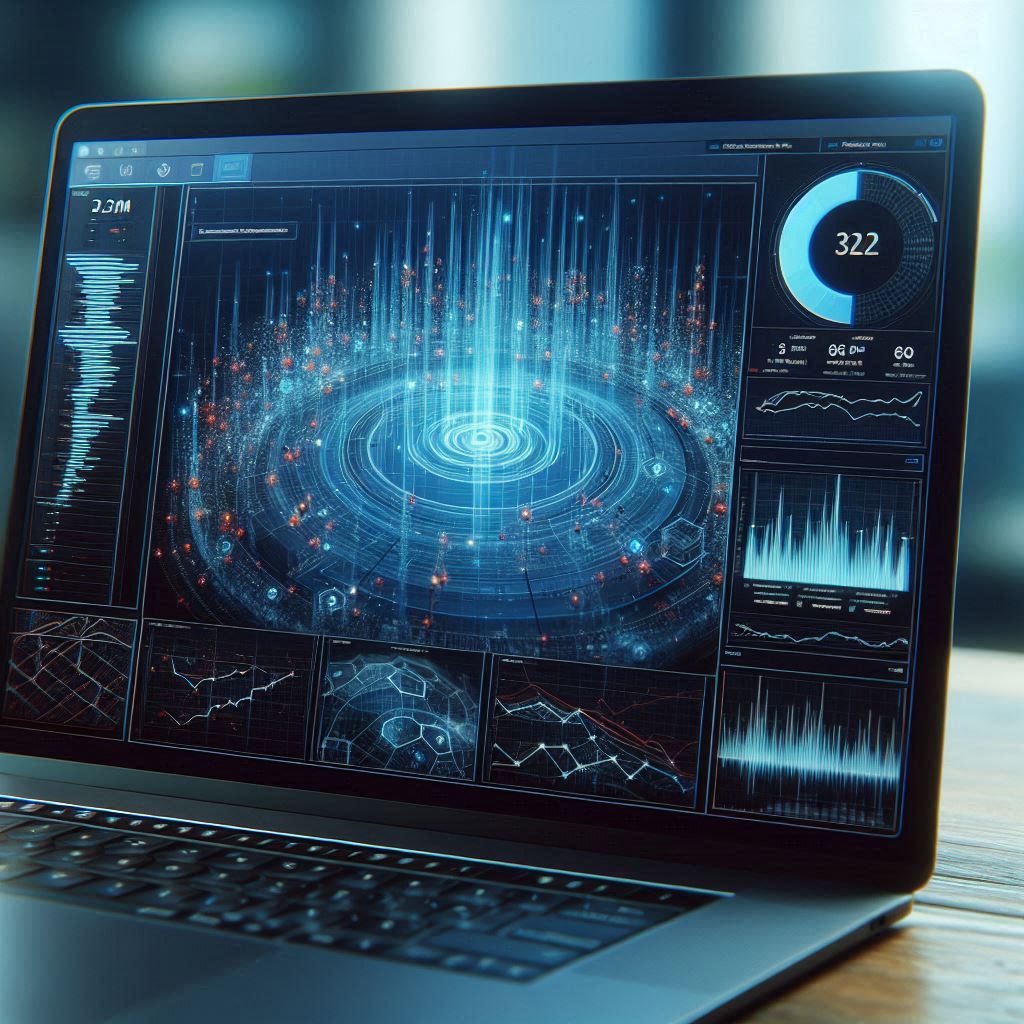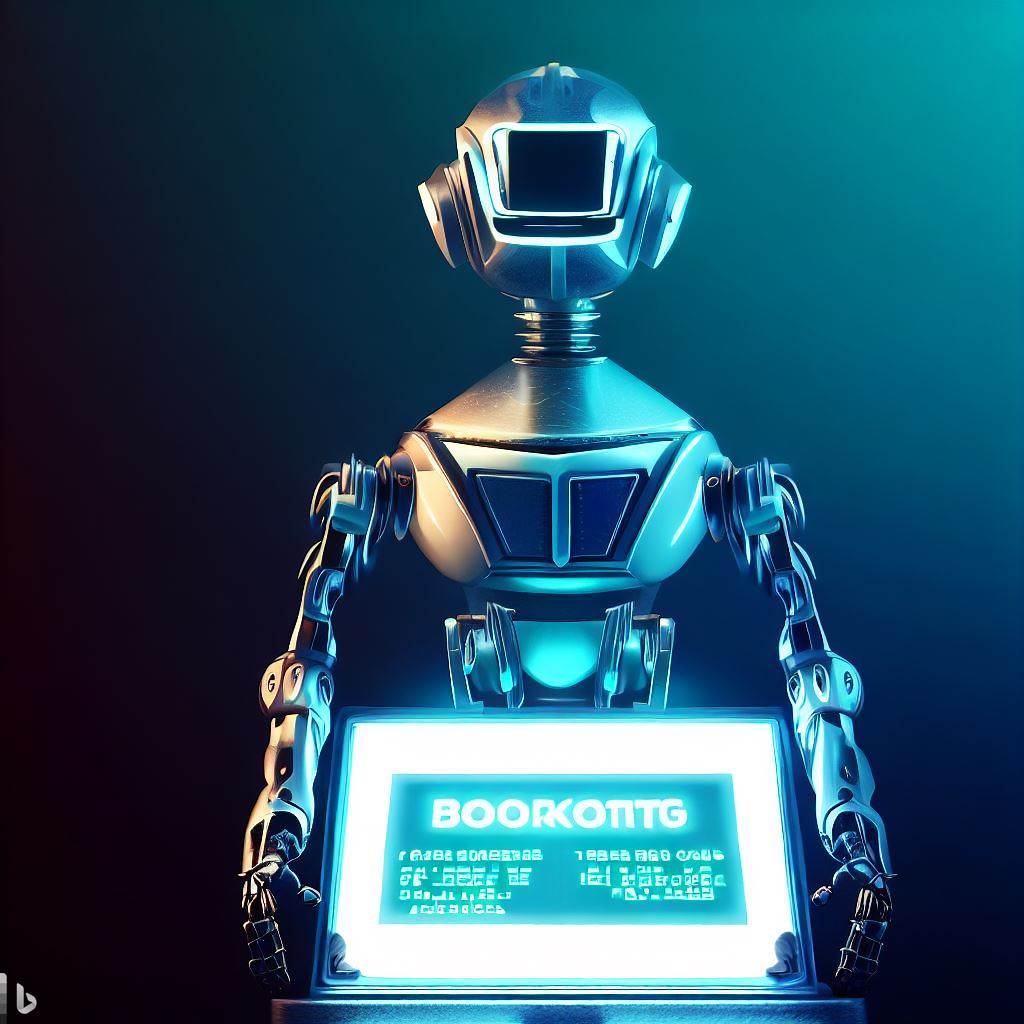ChatGPT Will Disrupt Cyber Security Jobs
Artificial Intelligence (AI) has been a buzzword for years, and with recent advancements in Natural Language Processing (NLP), AI-powered chatbots like ChatGPT are becoming increasingly popular. ChatGPT is a conversational AI model that can generate human-like responses to text-based prompts. However, as with any new technology, there are concerns about its impact on the job market, particularly in the field of Cyber Security. In this article, we will explore the potential of ChatGPT to disrupt Cyber Security jobs, its ability to automate tasks and reduce human error, the impact on the job market, the need for upskilling in Cyber Security to adapt to AI, ethical concerns, the role of human oversight, data privacy and security, and the future of Cyber Security with AI and ChatGPT.
How ChatGPT can Disrupt the Cyber Security Job Market
As ChatGPT continues to improve, it has the potential to automate many of the tasks currently performed by Cyber Security professionals. ChatGPT can analyze vast amounts of data, identify patterns, and generate insights to help detect and prevent cyber-attacks. This could lead to a reduction in the number of Cyber Security jobs available, particularly those that involve repetitive tasks that can be automated.
However, it is important to note that ChatGPT is not a replacement for human expertise. While it can automate certain tasks, it cannot replace the critical thinking and problem-solving skills that are essential in Cyber Security. In fact, ChatGPT can even enhance the work of Cyber Security professionals by providing them with real-time insights and alerts, allowing them to focus on more complex tasks.
ChatGPT’s Automation and Error-Reduction Capabilities in Cyber Security
One of the key benefits of ChatGPT in Cyber Security is its ability to automate tasks and reduce human error. Cyber Security professionals are often overwhelmed by the sheer volume of data they need to analyze. ChatGPT can help by processing large amounts of data quickly and accurately, freeing up time for Cyber Security professionals to focus on more complex tasks.
In addition, ChatGPT can help reduce human error by providing consistent, accurate responses to text-based prompts. This can help prevent mistakes that can lead to security breaches and other cyber-attacks.
The Impact of ChatGPT on the Cyber Security Job Market
While ChatGPT has the potential to automate certain tasks in Cyber Security, it is unlikely to replace human expertise entirely. Instead, it is more likely that ChatGPT will enhance the work of Cyber Security professionals, providing them with real-time insights and alerts that will help them detect and prevent cyber-attacks more effectively.
However, this does mean that the job market for Cyber Security professionals may change. There may be a shift towards more specialized roles that require human expertise, such as threat analysis and incident response. Cyber Security professionals will need to upskill to adapt to these changes and ensure they remain relevant in the job market.
Upskilling in Cyber Security: Adapting to AI and ChatGPT
As AI and ChatGPT continue to advance, Cyber Security professionals will need to upskill to ensure they remain relevant in the job market. This will involve learning new skills such as data analysis and machine learning, as well as developing critical thinking and problem-solving skills that cannot be automated.
Upskilling will also be essential for those who work with ChatGPT directly. Cyber Security professionals will need to understand how ChatGPT works, how to integrate it into their workflows, and how to interpret the insights it provides.
Ethical Concerns of AI in Cyber Security: A Closer Look
As with any new technology, there are ethical concerns surrounding the use of AI in Cyber Security. One concern is the potential for bias in AI algorithms, which could lead to discrimination and unfair treatment. Another concern is the potential for AI to be used for malicious purposes, such as creating more sophisticated cyber-attacks.
To address these concerns, it is important to ensure that AI algorithms are transparent and unbiased. Cyber Security professionals must also be vigilant in identifying and preventing the misuse of AI in Cyber Security.
The Role of Human Oversight in ChatGPT and AI in Cyber Security
While ChatGPT can automate certain tasks in Cyber Security, human oversight is still essential. Cyber Security professionals must ensure that ChatGPT is working as intended and that its insights are accurate and reliable. They must also be able to interpret the insights provided by ChatGPT and take appropriate action to prevent cyber-attacks.
Data Privacy and Security in AI-Powered Cyber Security
Data privacy and security are critical concerns in AI-powered Cyber Security. ChatGPT and other AI-powered tools rely on vast amounts of data to generate insights and detect patterns. This data must be protected from cyber-attacks and other threats to ensure the integrity of the insights generated.
To address these concerns, Cyber Security professionals must ensure that data is stored securely and that appropriate measures are in place to protect it from cyber-attacks. They must also be aware of the potential risks associated with the use of AI in Cyber Security and take steps to mitigate these risks.
The Future of Cyber Security with AI and ChatGPT
As AI and ChatGPT continue to advance, the future of Cyber Security looks promising. ChatGPT and other AI-powered tools will continue to enhance the work of Cyber Security professionals, providing them with real-time insights and alerts that will help them detect and prevent cyber-attacks more effectively.
However, Cyber Security professionals must be prepared to adapt to these changes. They must upskill to ensure they remain relevant in the job market and be vigilant in identifying and preventing the misuse of AI in Cyber Security.
Conclusion: The Benefits and Challenges of ChatGPT in Cyber Security
In conclusion, ChatGPT has the potential to disrupt the Cyber Security job market by automating certain tasks and reducing human error. However, it is unlikely to replace human expertise entirely. Instead, it will enhance the work of Cyber Security professionals, providing them with real-time insights and alerts that will help them detect and prevent cyber-attacks more effectively.
To ensure the successful integration of ChatGPT and other AI-powered tools into Cyber Security workflows, Cyber Security professionals must upskill to adapt to these changes. They must also be aware of the ethical concerns associated with the use of AI in Cyber Security and be vigilant in identifying and preventing the misuse of AI. Ultimately, the future of Cyber Security with AI and ChatGPT looks promising, but it will require careful consideration and planning to ensure its success.












